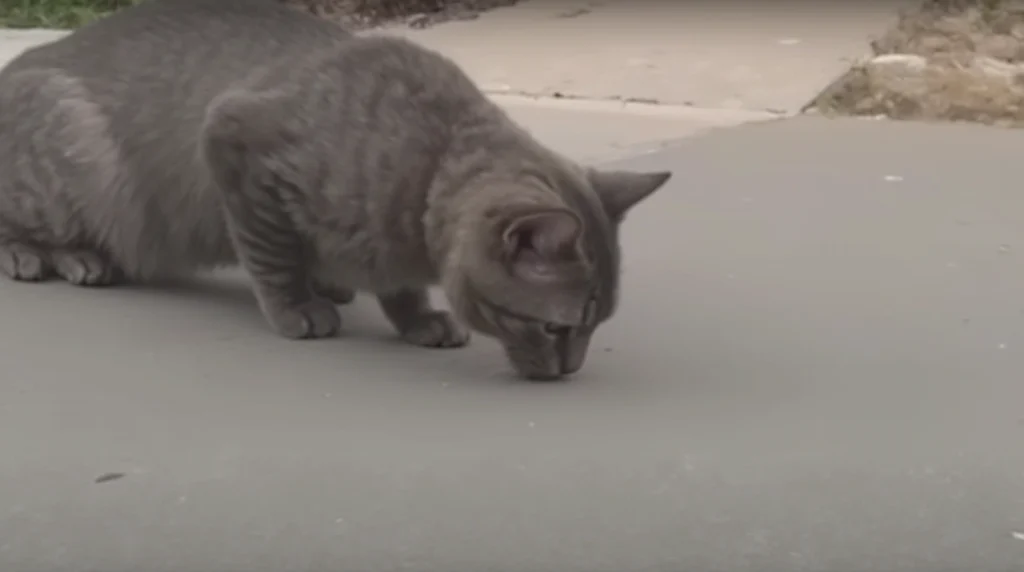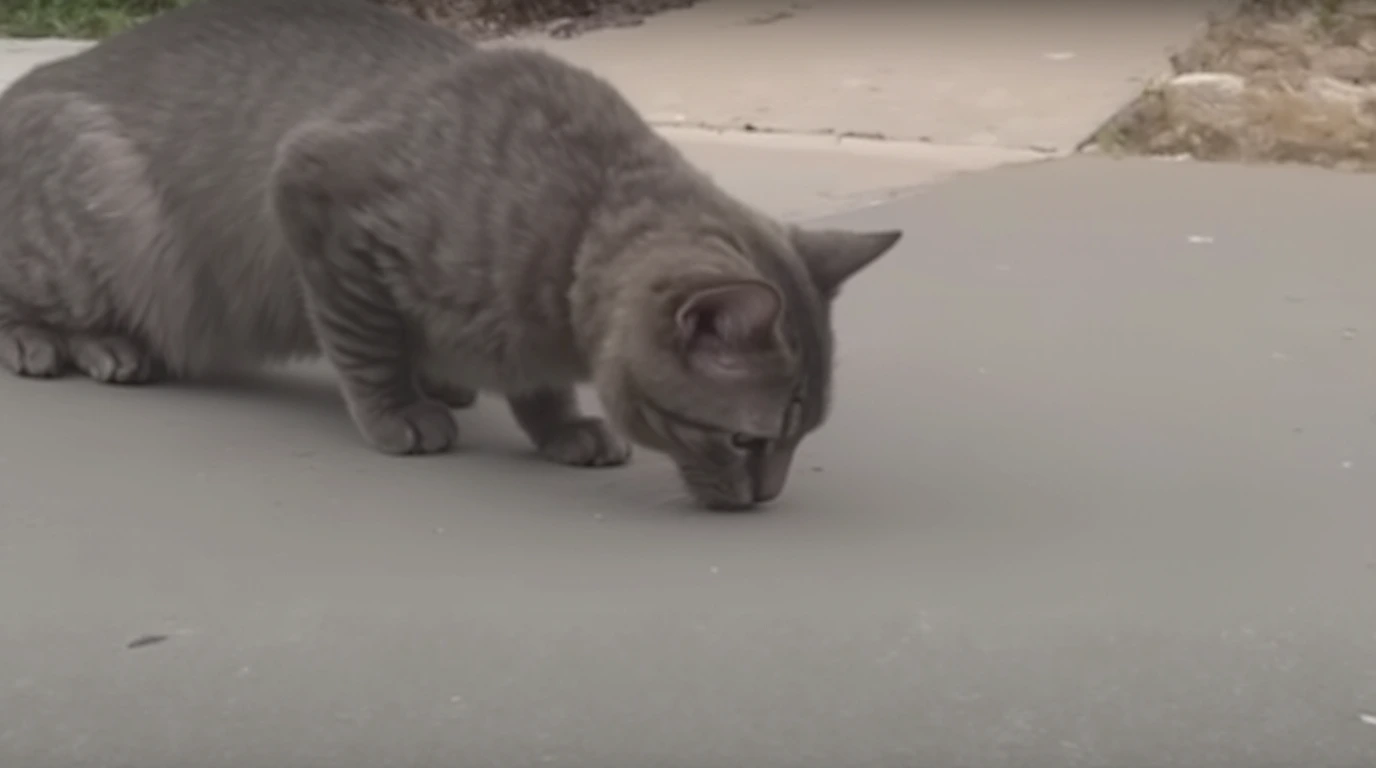What to Do When Your Cat Is Throwing Up
why do cats throw up their food?

Table of Contents
Is Occasional Vomiting Normal?
Yes—and no. Cats commonly vomit hairballs about once every week or two due to their grooming habits. This isn’t usually painful and can be managed by brushing them regularly or using hairball supplements. However, vomiting due to other reasons can signal something more serious.
Recognizing the Difference: Vomiting vs. Regurgitation
Cats may exhibit different behaviors before expelling:
- Vomiting usually begins with retching, salivation, and abdominal contractions.
- Coughing looks different: cats hunch, extend their neck, and expel frothy discharge.
- Regurgitation is a passive release often tied to esophageal issues—you’ll see undigested food, no retching. Recording a short video can be invaluable for your vet.
why do cats throw up their food? Common Causes of Cat Vomiting
- Hairballs from grooming (usually harmless).
- Eating too fast or overeating.
- Dietary changes or food allergies.
- Ingesting toxins or foreign objects like plants, string, or cleaning chemicals.
- Parasites such as worms.
- Medical conditions including:
- Inflammatory Bowel Disease (IBD)
- Pancreatitis
- Kidney disease, diabetes, hyperthyroidism
- GI obstructions, cancer
When to Worry
Call your vet right away if you notice any of the following:
- Vomiting more than twice in one day, or recurring daily.
- Presence of blood (bright red or “coffee-ground”).
- Signs of lethargy, loss of appetite, diarrhea, or weight loss.
- Occurs in kittens or senior cats, who dehydrate more rapidly.
General rule: if vomiting continues beyond 24–48 hours or is accompanied by other troubling symptoms, it’s time for veterinary care.
At-Home Care for Mild Vomiting
For harmless cases:
- Pause food for 2–6 hours, but keep water available.
- Offer bland meals—small portions of boiled chicken or rice.
- Introduce food slowly (consider a slow feeder if they bolt food).
- Brush regularly to reduce hair intake.
- Add gentle aids like pumpkin puree or a bit of ginger powder.
Monitor for improvement. If vomiting stops and behaviors are normal, resume a gentle diet then return to regular food.
Vet-Directed Treatment
If vomiting persists or is severe, your vet may recommend:
- Diagnostic tests: bloodwork, X-rays or ultrasound, urine and fecal samples
- Medications: anti-nausea agents (e.g., Cerenia), antacids (famotidine), corticosteroids for IBD, dewormers, or antibiotics.
- Fluid therapy: subcutaneous or intravenous fluids to combat dehydration.
- Diet adjustments: mild diets like Royal Canin Gastrointestinal or limited-ingredient prescription foods.
- Surgery: for foreign objects or blockages.
why do cats throw up their food? Preventive Measures
- Brush your cat often to control hairballs.
- Feed slower and smaller portions using enrichment tools or puzzle feeders.
- Keep toxic items safely stored (e.g., plants, medications, chemicals, strings, chocolate).
- Choose diet options tailored for sensitive stomachs, hairball control, or specific health needs—as advised by your veterinarian.
why do cats throw up their food? Key Takeaways
- Occasional hairball-induced vomiting can be normal.
- Any frequent vomiting, especially with other symptoms, is concerning.
- A short break from food + gentle meals can help mild cases.
- Persistent issues warrant veterinary evaluation, testing, and treatment.

